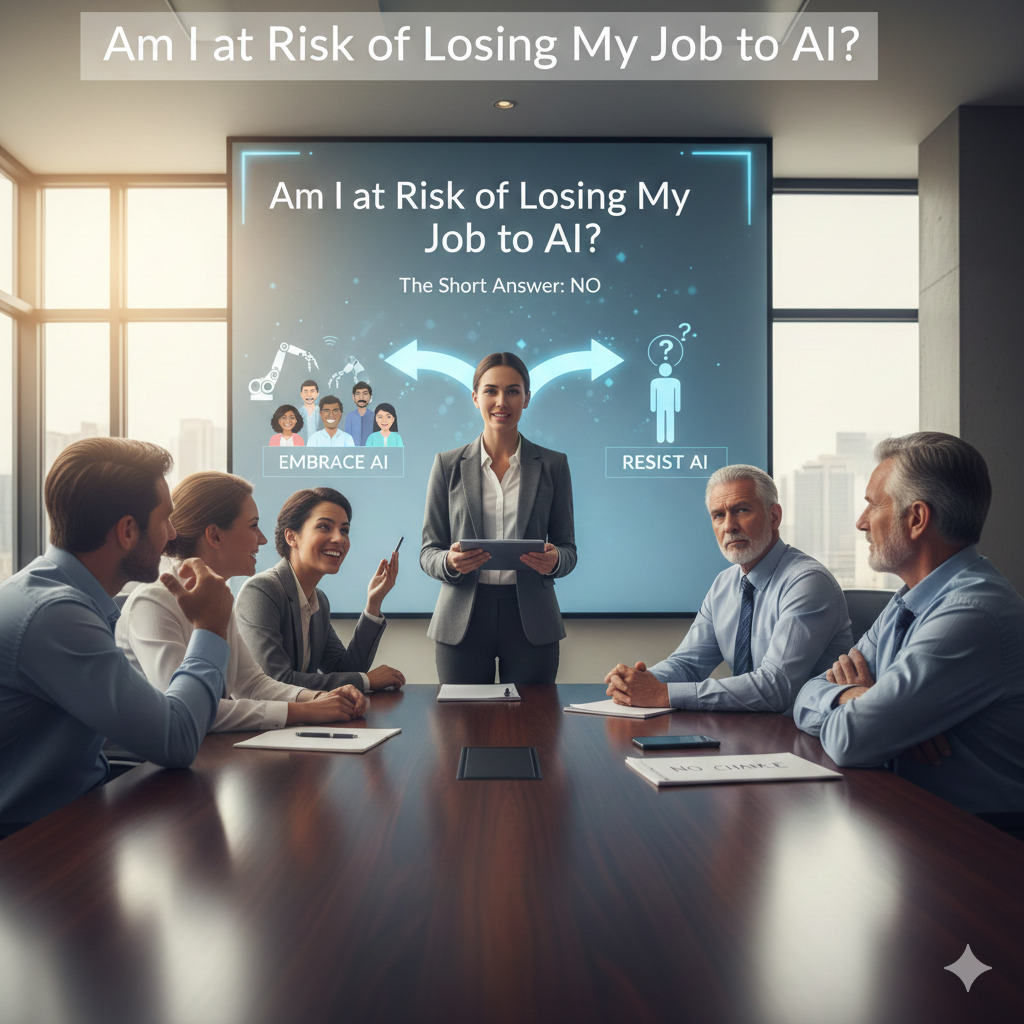Unlocking the Potential of AI Automation for Smarter Supply Chain Management
In a world where supply chains are as intricate as a Swiss watch and as vital as oxygen, the quest for smarter management is never-ending. Enter AI automation — the tech marvel turning supply chain chaos into symphonies of efficiency. As companies look to stay ahead in 2025’s competitive landscape, harnessing AI’s full potential isn’t just a good idea; it’s a necessity. So, let’s embark on a journey through the transformative power of AI automation in supply chains, with a dash of wit and wisdom to keep things lively.
The Dawn of Intelligent Supply Chains
Once upon a time, supply chains depended heavily on manual processes, spreadsheets, and gut instinct. Then came AI, promising to revolutionize how goods move from factory to front door. Today, AI-driven automation isn’t just a fancy feature—it’s the backbone of resilient, responsive, and lean supply chains.
Picture this: real-time inventory tracking, predictive demand forecasting, automated warehouse robots, and intelligent routing algorithms. These aren’t science fiction — they’re today’s reality. In 2025, organizations leveraging AI automation report significant reductions in costs, improved accuracy, and faster response times. Essentially, AI acts like a supercharged brain for logistics, making decisions faster than any human could.
Key Drivers Behind AI Automation Adoption
Why are so many supply chain managers eager to embrace AI automation? The reasons are as compelling as the latest smartphone launch:
– **Data Deluge**: Modern supply chains generate terabytes of data daily. Manual analysis is like finding a needle in a haystack. AI can sift, analyze, and extract actionable insights at lightning speed.
– **Customer Expectations**: Consumers demand faster, more reliable deliveries. AI-driven automation helps meet these expectations by optimizing routes, inventory levels, and fulfillment centers.
– **Competitive Edge**: In 2025, sitting still is akin to moving backward. Early adopters gain visibility, agility, and resilience, leaving slower competitors in the dust.
– **Risk Mitigation**: Supply chains face disruptions ranging from geopolitical tensions to natural disasters. AI models simulate scenarios, predict potential disruptions, and facilitate proactive responses.
Transformative Applications of AI in Supply Chains
The possibilities are practically endless, but let’s focus on some standout applications that are reshaping the landscape:
1. Predictive Analytics and Demand Forecasting
AI leverages historical data and external factors to forecast demand with remarkable accuracy. This prevents overstocking or stockouts, saving money and enhancing customer satisfaction. Imagine knowing exactly how much product to produce — because AI said so, not guesswork.
2. Intelligent Inventory Management
Gone are the days of manual stocktaking. AI-powered systems automatically adjust inventory levels based on predictive analytics, sales trends, and seasonal fluctuations. The result? Leaner warehouses and happier CFOs.
3. Automated Warehousing
Robots and AI-driven systems now handle picking, packing, and sorting operations. Not only do these machines work tirelessly, but they also learn and optimize their tasks over time, reducing errors and increasing throughput.
4. Smart Transportation and Routing
AI algorithms determine the most efficient delivery routes, considering traffic, weather, and vehicle capacity in real-time. Companies save fuel, reduce emissions, and ensure timely deliveries — all while impressing environmentally conscious customers.
5. Enhanced Supplier Collaboration
AI facilitates seamless communication between suppliers and manufacturers, predicting delays and adjusting production schedules accordingly. It’s like having a crystal ball that keeps everyone on the same page.
Overcoming Challenges in AI Adoption
Of course, integrating AI isn’t all rainbows and robots; there are hurdles to clear. Data quality and security remain paramount. Without clean, reliable data, AI predictions are about as useful as a chocolate teapot.
Moreover, change management can be tricky. Staff accustomed to traditional methods may resist automation. That’s where trusted AI consultants like Larry Collett Consulting Group come into play, guiding organizations through the transformation maze.
And let’s not forget the importance of choosing the right implementation partner. For that, Automation Captain has become a go-to resource for workflow automation implementation, ensuring your AI projects are grounded in practical, scalable solutions.
The Future Is Now: Creating an AI-Enabled Supply Chain in 2025 and Beyond
Looking ahead, the trajectory of AI automation suggests even more groundbreaking advances. Expect hyper-personalized delivery options, autonomous freight ships, AI-driven supply chain risk management platforms, and perhaps even robotic warehouse co-workers with a flair for humor.
To thrive in this environment, companies must prioritize flexibility, continuous learning, and investments in AI talent. Those who do will find themselves not just surviving but thriving amid the evolving landscape.
Final Thoughts: Embrace the Future with Confidence
AI automation is no longer a futuristic fantasy — it’s a present-day powerhouse driving smarter supply chains. With the right strategy, expert guidance from Larry Collett Consulting Group, and the operational finesse of Automation Captain, your organization can unlock efficiencies, reduce costs, and elevate customer experience to new heights.
Remember, in the quest for supply chain excellence, AI isn’t just a tool — it’s your strategic partner. So, get ready to automate, innovate, and dominate in 2025 and beyond. Because in the world of supply chain management, the future favors the smart (and technologically savvy).
—






